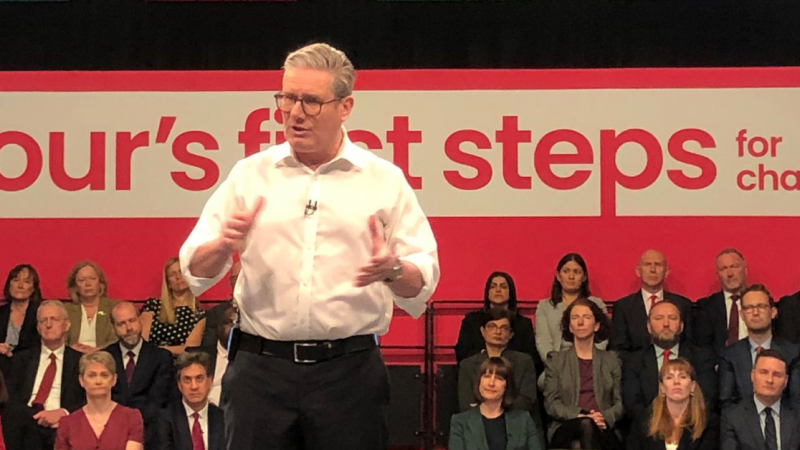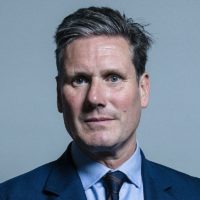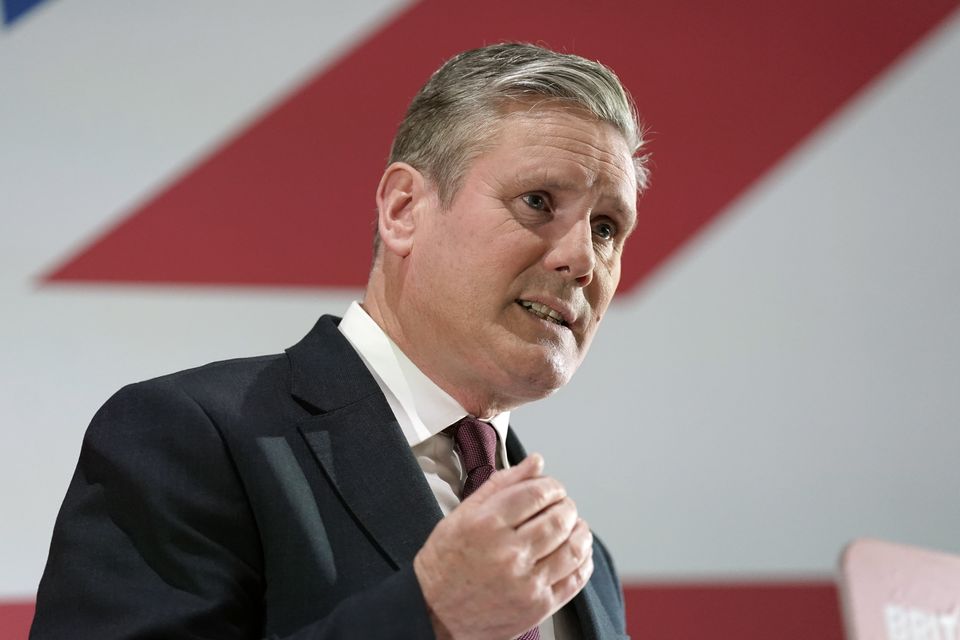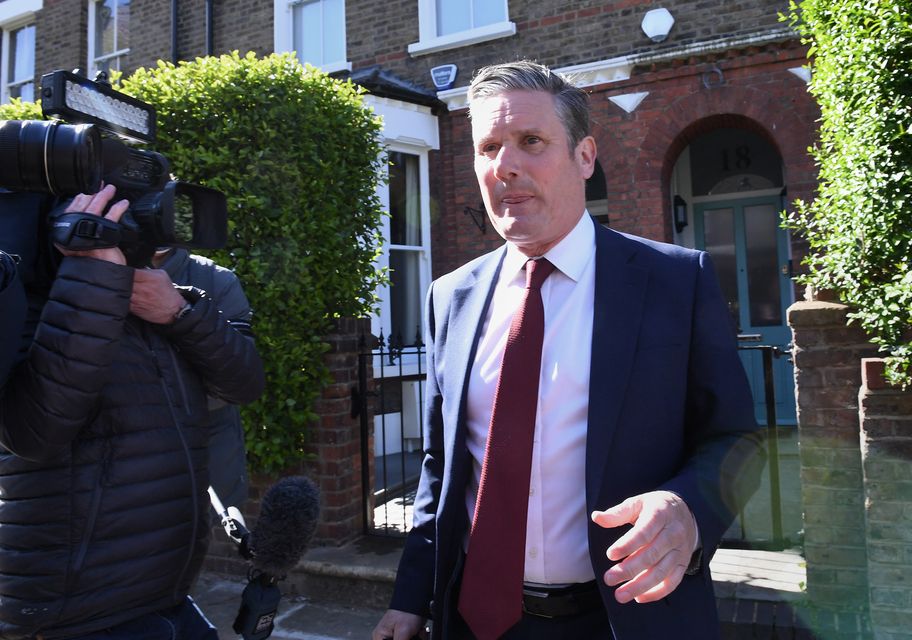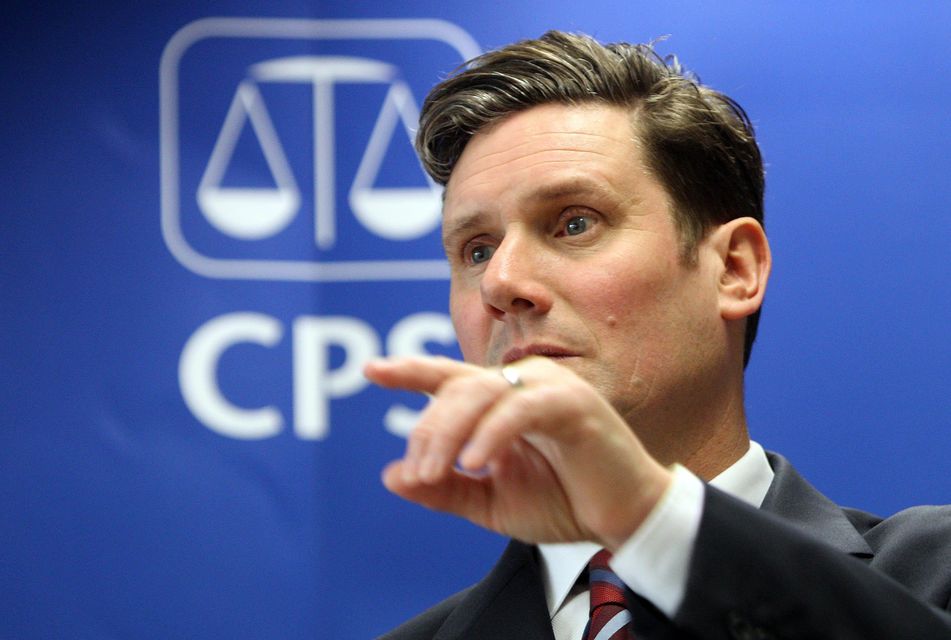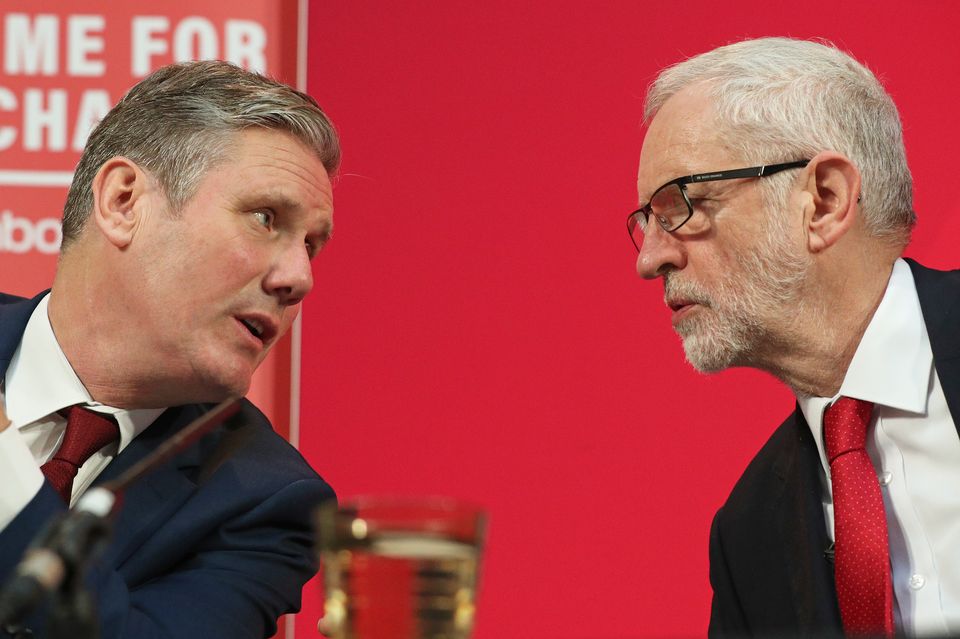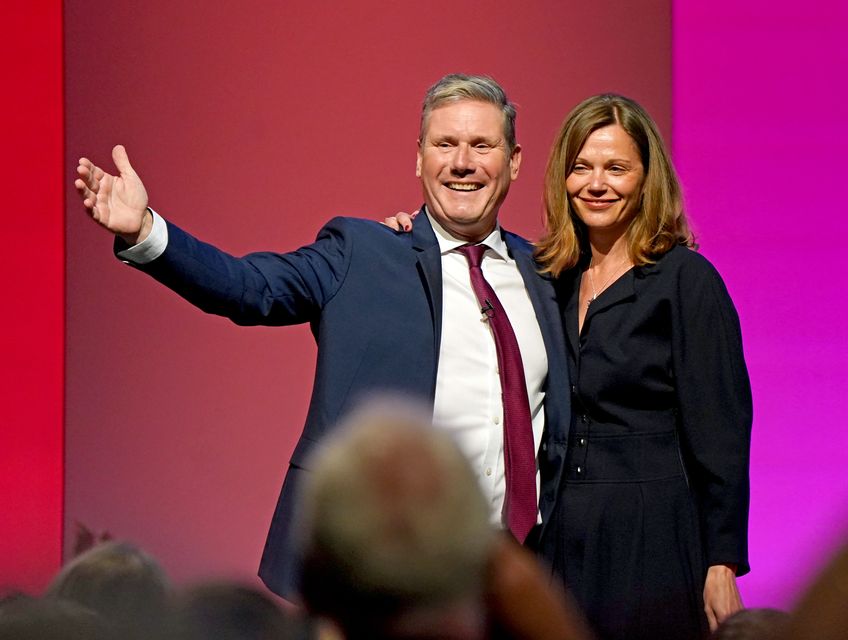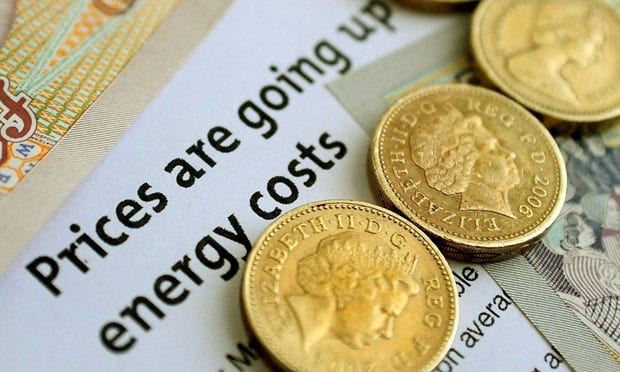Death penalty states want the Supreme Court to throw out its precedents and allow the execution of child rapists
By AUSTIN SARAT
SALON
PUBLISHED MAY 25, 2024
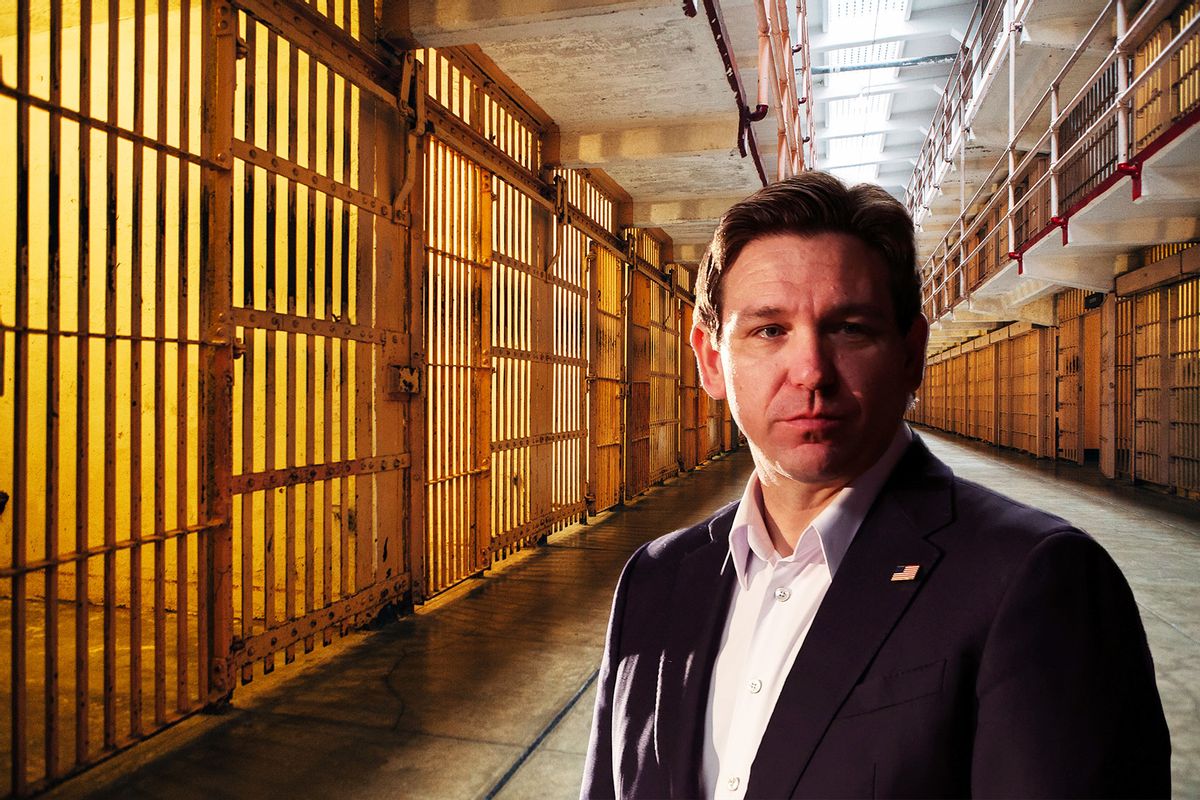
Even as support for the death penalty wanes across the country, Republican governors, led by Florida’s Ron DeSantis, are signing into law legislation expanding the death penalty.
Earlier this month, Tennessee Governor Bill Lee signed a bill authorizing the death penalty for aggravated rape of a child. The law goes into effect on July 1. Lee’s decision makes Tennessee the second state, following Florida, to apply capital punishment to cases where no one is killed. A third red state, Idaho, is now considering similar legislation.
These laws, as the Death Penalty Information Center explains, “contradict longstanding Supreme Court precedent holding the death penalty unconstitutional for non-homicide crimes.” In fact, they are intended to tee up a case allowing the Supreme Court’s conservative, activist majority to overturn long-established precedent, just as it has done in other high-profile cases.
What the Supreme Court did in overturning its own precedents when it allowed states to prohibit abortion, has sent a clear message and prompted Tennessee, Florida (and maybe Idaho) to defy its long-established precedents in the area of capital punishment.
Proponents of the new laws hope that the court will extend the reach of capital punishment. They also hope to put death penalty opponents on the defensive by painting them as soft-on-crime defenders of child rapists.
Death penalty opponents must work hard to avoid falling into that trap. Their best political strategy, though it might not be a winning legal strategy, will be to say that the court should respect its own precedent rather than mounting a full-fledged campaign to explain why child rapists should not be put to death.
Before looking more closely at the Tennessee law and the political strategy behind it and the others, let’s recall what the Supreme Court has said about using the death penalty for non-homicide cases like rape.In a 7-2 decision handed down in 1977, the court found that capital punishment was “grossly disproportionate” to the crime of rape. Justice Bryon White, who wrote the majority opinion in Coker v. Georgia, turned to history to help explain that judgment.
“At no time in the last 50 years,” White said, “have a majority of the States authorized death as a punishment for rape. In 1925, 18 States, the District of Columbia, and the Federal Government authorized capital punishment for the rape of an adult female. By 1971, … that number had declined, but not substantially, to 16 States plus the Federal Government.”
That situation changed dramatically in the aftermath of the Supreme Court’s 1972 decision in Furman v. Georgia striking down the death penalty as then applied. Subsequently, more than 30 states reenacted their death penalty statutes, but few reauthorized it as a punishment for rape.
As White explained, it “should also be a telling datum that the public judgment with respect to rape, as reflected in the statutes providing the punishment for that crime, has been dramatically different. In reviving death penalty laws to satisfy Furman's mandate, none of the States that had not previously authorized death for rape chose to include rape among capital felonies.”
White recognized “the seriousness of rape as a crime.” As he put it, “It is highly reprehensible, both in a moral sense and in its almost total contempt for the personal integrity and autonomy of the female victim and for the latter's privilege of choosing those with whom intimate relationships are to be established. Short of homicide, it is the ‘ultimate violation of self.’”
Still, White insisted that “in terms of moral depravity and of the injury to the person and to the public,…(rape) does not compare with murder, which does involve the unjustified taking of human life…. The murderer kills; the rapist, if no more than that, does not…. We have the abiding conviction that the death penalty, which ‘is unique in its severity and irrevocability,’ is an excessive penalty for the rapist who, as such, does not take human life.”
Chief Justice Warren Burger and Justice William Rehnquist, who dissented in Coker, accused the majority of “engraft(ing) their conceptions of proper public policy onto the considered legislative judgments of the States.” They branded the decision to bar the death penalty in rape cases “very disturbing.”
Three decades after Coker, in a case called Kennedy v. Louisiana, the Supreme Court reaffirmed that ruling and extended it to cover the rape of a child. Justice Anthony Kennedy, writing for a five-justice majority, conceded that “Petitioner’s crime was one that cannot be recounted in these pages in a way sufficient to capture in full the hurt and horror inflicted on his victim or to convey the revulsion society….”
But he argued that “in determining whether the death penalty is excessive, there is a distinction between intentional first-degree murder on the one hand and nonhomicide crimes against individual persons, even including child rape, on the other. The latter crimes may be devastating in their harm, as here, but ‘in terms of moral depravity and of the injury to the person and to the public,’… they cannot be compared to murder in their ‘severity and irrevocability.’”
Justice Samuel Alito, in a blistering dissent, said that he found it incredible that that death could never be an appropriate punishment “no matter how young the child, no matter how many times the child is raped, no matter how many children the perpetrator rapes, no matter how sadistic the crime, no matter how much physical or psychological trauma is inflicted, and no matter how heinous the perpetrator’s prior criminal record may be.”
Understanding the political danger of supporting the court’s decision, in 2008 both of the major party presidential candidates, Democrat Barack Obama and Republican John McCain, condemned it. “I think,” Obama observed, “that the rape of a small child, 6 or 8 years old, is a heinous crime, and if a state makes a decision that… the death penalty is at least potentially applicable, that that does not violate our Constitution."
This brings us back to the present.
Want a daily wrap-up of all the news and commentary Salon has to offer? Subscribe to our morning newsletter, Crash Course.
The fact that Kennedy and the other justices in the Kennedy v. Louisiana majority are no longer on the Supreme Court(Alito and two of the other dissenters remain) has not been lost on the people now openly defying the Coker and Kennedy decisions. They have also been spurred on by court’s increasingly cavalier attitude toward its own precedents. Nor has the political danger that Obama recognized for those who openly oppose the death penalty for child rapists escaped notice.
Tennessee State Sen. Jack Johnson, who sponsored the bill, highlighted that both when he wrote in an op-ed he wrote last month in The Tennessean. Setting the political trap, he asked “Was the life of a rapist more valuable than the life of an innocent child who will be permanently scarred forever? In Tennessee, the answer is no.”
“Child rape,” he continued escalating the rhetorical stakes, “is the most disgraceful, indefensible act one can commit, leaving lasting emotional and psychological wounds on its victims. As a legislator, and more importantly, as a human being, our responsibility to protect the most vulnerable comes first.”
Critics of this legislation, Johnson continued, “argue that the death penalty is an unjustifiable punishment and ineffective. However, in cases where a rapist is preying on the vulnerability of a child and inflicting permanent harm on them, a severe form of justice is the consequence they must face.”
Johnson was even more direct in talking about the difference the Supreme Court's composition might make when a challenge to the Tennessee law reaches the court.
“All five justices who supported the 2008 opinion are no longer members of the U.S. Supreme Court (Kennedy, Stevens, Souter, Ginsburg, Breyer). Three of the four justices who authored the dissenting opinion are still sitting justices (Roberts, Alito, and Thomas). Given the makeup of the current court, there is a strong possibility that Kennedy v. Louisiana could be overturned.”
As Johnson put it, “I feel very certain that the Supreme Court believes there is a strong, compelling state interest to protect children, and we believe this Court will support Tennessee's efforts."
He may be right.
What the Supreme Court did in overturning its own precedents when it allowed states to prohibit abortion, has sent a clear message and prompted Tennessee, Florida (and maybe Idaho) to defy its long-established precedents in the area of capital punishment. As Johnson made clear, they are banking that the court will now allow death penalty states to expand the reach of capital punishment.
Doing so would not only be a backward step in the ongoing effort to end the death penalty in this country, but it would also be another sign that, as former Justice Thurgood Marshall once noted, “Power, not reason, is the new currency of this Court's decision-making.”
By AUSTIN SARAT is William Nelson Cromwell Professor of Jurisprudence and Political Science at Amherst College. His most recent book is "Lethal Injection and the False Promise of Humane Execution." His opinion articles have appeared in USA Today, Slate, the Guardian, the Washington Post and elsewhere.


